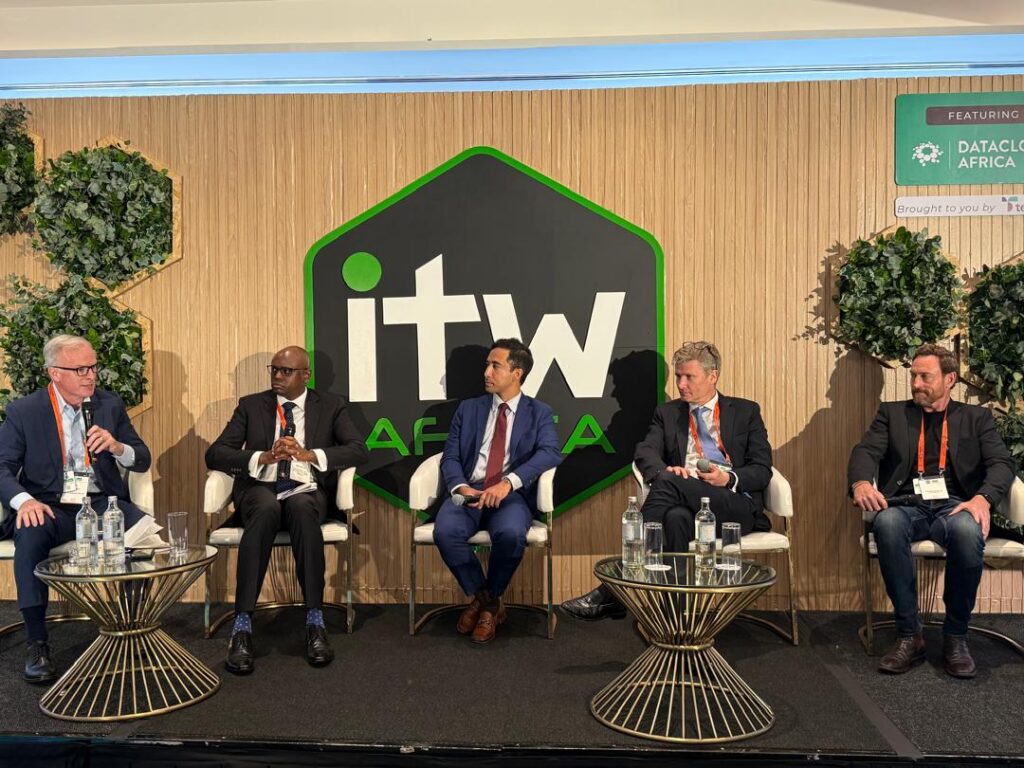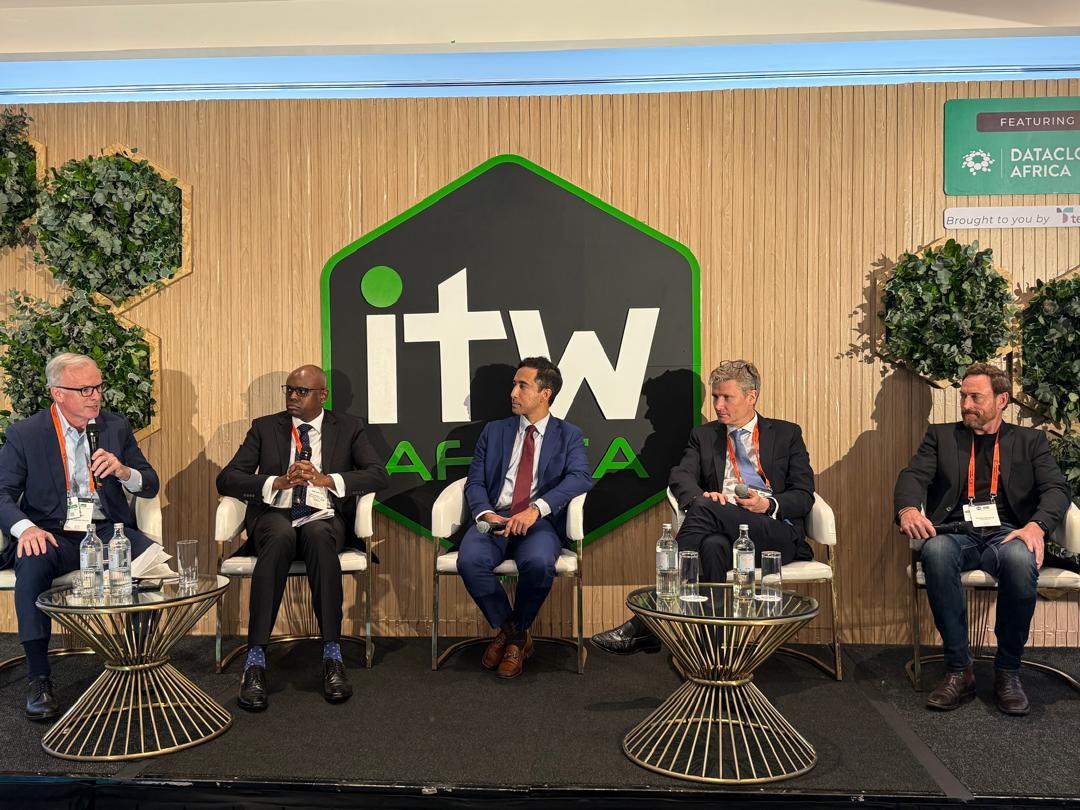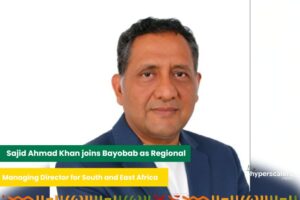At ITW Africa in Nairobi, a keynote panel addressed a critical issue: Are public-private partnerships (PPP) the key to unlocking a digital future? With Africa’s infrastructure financing gap estimated at $68–108 billion by the African Development Bank, but the continent capturing only 7% of global PPP investment, the discussion focused on how to bridge funding shortfalls, foster inclusion, and build regulatory frameworks that attract private capital.
Paul Garnett, Founder and CEO of Vernonburg Group, who moderated the panel, set the stage with a stark statistic: nearly 70% of Africans still lack home internet. Closing the digital divide, he said, will require $100 billion in broadband investment and $40 billion for data centers, with PPPs central to getting capital into the last mile.
Ian Gaitta, Partner at Anjarwalla & Khanna, highlighted the limits of state-led financing. “Many governments are already at 50–60% debt-to-GDP ratios. The ability to fund digital infrastructure from sovereign balance sheets is constrained. PPPs are the opportunity to ensure Africa is not left behind,” he said. But he warned of “trophy or ego projects” that fail to address market needs and called for leaner, more transparent PPP processes to attract investors.
Edmund Higenbottam, Managing Director of Verdant Capital, underscored structural challenges – low purchasing power, sparse populations, and the dominance of U.S. tech firms in subsea projects. He argued that lasting PPPs must start with private-sector goals, not political ones, and said investor confidence depends on governments maintaining stable tax and policy regimes.

Zain Shamim, Director at the U.S. International Development Finance Corporation, noted that DFC has $10 billion committed to Africa’s infrastructure. He acknowledged investor concerns over currency volatility but emphasized that “the fundamentals are there – large populations and clear demand.” He said DFC’s priority is mobilizing local capital and supporting both fiber and data centers, while balancing climate goals with energy security.
The operator on the panel, Shaun Morgan, CEO of Konnekt Digital Networks, spoke to the realities on the ground. With most Kenyans earning under $400 a month, he said, affordability and regulatory friction remain key barriers. “If 30% of people can only pay $8 a month, how do you ensure inclusion? PPPs must adapt to local realities and guarantee investor returns regardless of government changes,” he said.
The panel closed with consensus that Africa’s digital future depends not only on mobilizing billions in capital, but on making partnerships faster, more transparent, and better adapted to local markets. Without that, the continent risks stalled projects and deepening divides. With it, PPPs could become the engine that turns Africa’s demographic scale into a digitally connected economy.
Ready to dive deeper into the hyperscale revolution impacting Africa?
READ MORE HERE: www.africa.hyperscalers.news
Contact Us:
Email: projects@hyperscalers.news
Phone: +2348109003350
Follow us on Social Media: Instagram, Facebook, LinkedIn, x





